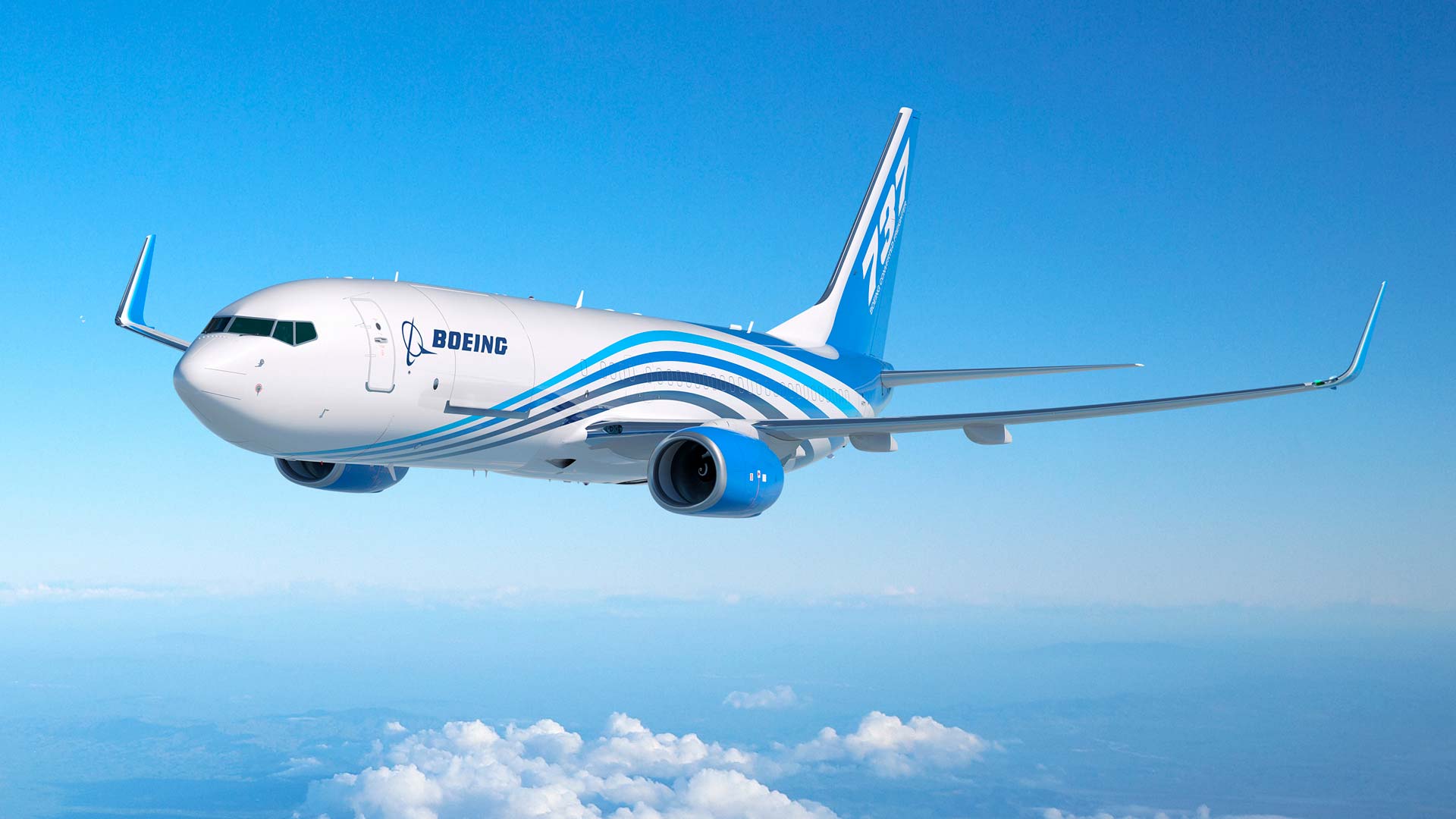Boeing delivered 92 aircraft in the second quarter of the year, up from its 83 deliveries in the first first quarter of the year. For both the first and second quarter, it had delivered a total of 175 commercial aircraft, 137 of which were the 737.
In the second quarter of last year, it had delivered 136 commercial aircraft.
The lower deliveries come as Boeing contends with the Federal Aviation Administration (FAA) investigation in the wake of the Flight 1282 incident. A door plug had blown shortly after takeoff on a 737 MAX 9 Alaska Airline flight on January 5, 2024.
The FAA had capped its 737 production output to 38 per month in March.
A Boeing spokesperson said: “We deliberately slowed production below 38 per month to incorporate improvements to our quality and safety management systems, including reducing travelled work and addressing supplier non-conformances. Production will remain below 38 per month for the first half of the year and will be higher in the second half.”
FAA administrator Mike Whitaker said in May that the agency was unlikely to lift the production cap in the coming months. He said: ""We don't have a timeframe, but I don't think it will happen in the next few months.""
70 of Boeing's deliveries comprised of 737s. The remainder of its commercial deliveries were nine 787s, seven 777s, and six 767s. In addition, it had made 28 deliveries in relation to its defence, space & security programmes.
Boeing recently reacquired its former subsidiary and current fuselage supplier Spirit AeroSystems for an equity value of around $4.7bn. Outgoing CEO Dave Calhoun said: ""By reintegrating Spirit, we can fully align our commercial production systems, including our safety and quality management systems, and our workforce to the same priorities, incentives and outcomes"".
Its rival Airbus had delivered 142 aircraft in the first quarter and had delivered 67 aircraft to 40 customers in June 2024 alone.
Boeing delivers 92 commercial aircraft in second quarter

